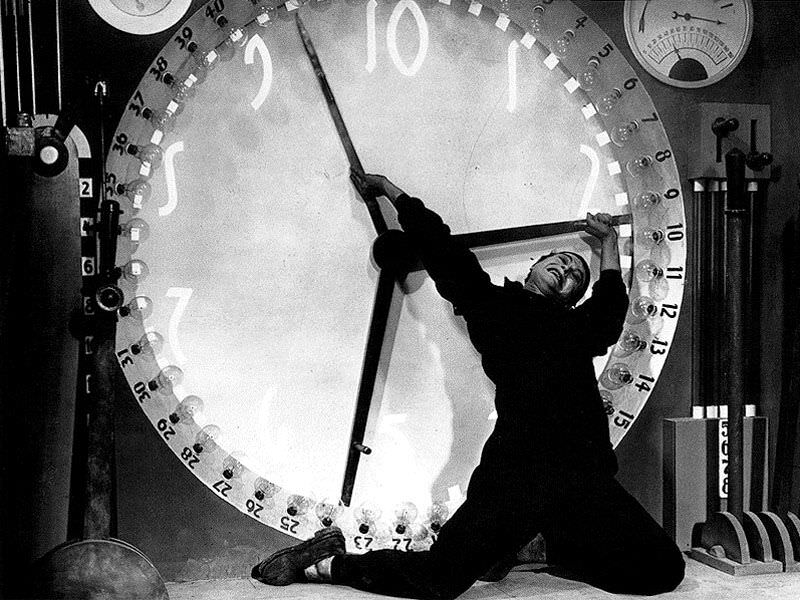Creative undergraduates have been grappling with creative workforce issues in partnership with Fossbox,University of East London’s (UEL), Artists Union England, and Black Shuk Coop as part of UEL’s community engagement programmes.
We honestly hadn’t expected the level of enthusiasm and commitment with which the undergraduate team approached the project. They have produced a really useful multi-media investigative guide for fellow creative undergraduates in The Precariat Story with a strong focus on diversity and the cross-overs between issues facing the creative ‘precariat’ and the ‘zero hours’ hyper-precarious workforce. 
Fossbox partnered with Shiri Shalmy of the Artists Union England (AUE) who aim to represent visual and applied artists in order to negotiate fair pay and better working conditions. Shiri worked with the student team to support them in preparing to enter ‘the precariat’ creative workforce. Tommie Introna and James Wreford, co-founders of the Black Shuk Coop, worked with the group to create a multi-media information resource to help students in creative disciplines to prepare for future professional life. The student group was led by Simon Patrick Miles at UEL in association with the Director of Research, Stephen Maddison.
The student team was made up of Skylar Rose Pridgeon, Marta Tofua, Zach Ekpe, Remi Georgia, Olga Savic, and Francesca Battaglia. We’ve been so impressed by the way that they grappled with the issues as well as with the original multi-media journalism they have produced. Tommie’s and James’ workshop on multimedia communications gave an enormous stimulus to the digital work (and Black Shuk very kindly offered to host the work) and Shiri’s workshop introduced the students to relevant issues, tools and resources. The UEL team was, itself, diverse and they have done a fantastic job in weaving together a variety of perspectives into a high-quality piece of multi-media journalism which should prove very useful to other creative undergraduates.
Our feedback from the UEL staff team was that the project helped promote a very high level of engagement on the part of the student team. This was partly because it helped bridge the team’s own future in the workforce with community engagement — with other communities’ experiences of ‘precarity’. The team’s work and outputs will also feed into the research interests of the UEL team.
Fossbox would like to thank our partners at AUE and Black Shuk who gave to the project above and beyond; the staff at UEL who were wonderfully supportive in developing and delivering the project; and, most of all, the brilliant UEL student team. We wish them every success in their future and hope that this experience will help them launch successfully into their professional creative careers.

